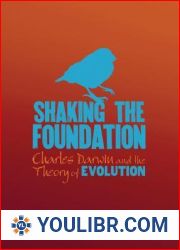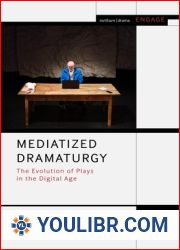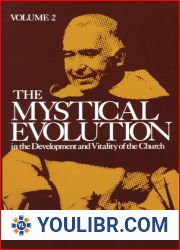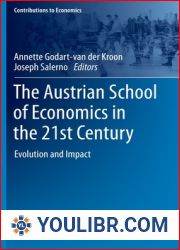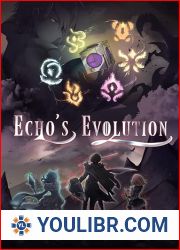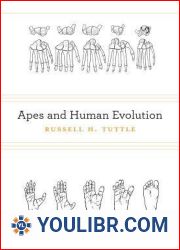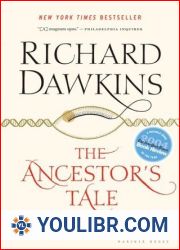
BOOKS - Efficacious Underworld: The Evolution of Ten Kings Paintings in Medieval Chin...

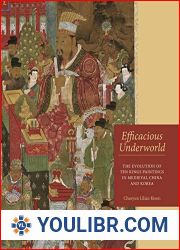
US $5.55

289084

289084
Efficacious Underworld: The Evolution of Ten Kings Paintings in Medieval China and Korea
Author: Cheeyun Lilian Kwon
Year: March 31, 2019
Format: PDF
File size: PDF 47 MB
Language: English
Year: March 31, 2019
Format: PDF
File size: PDF 47 MB
Language: English
The Ten Kings hanging scrolls at Tokyo's Seikado Bunko Art Museum are among the most resplendent renderings of the Buddhist purgatory extant, but their origin and significance have yet to be fully explored. Cheeyun Kwon unfurls this exquisite set of scrolls within the existing Ten Kings painting tradition while investigating textual, scriptural, archaeological, and visual materials from East Asia to shed light on its possible provenance. She constructs a model scheme of the paintings' evolution based on more than five hundred works and reveals channels of popularization, mass production, and agglomeration.The earliest images of the Ten Kings are found in the tenth-century sutra The Scripture on the Ten Kings, known to be the work of the monk Zangchuan. By the mid-twelfth century, typological conventions associated with the Ten Kings were widely established, and paintings depicting them, primarily large-scale and stand-alone, became popular export commodities, spreading via land and sea routes to the Korean peninsula and the Japanese archipelago. An examination of materials in Korea suggests a unique development path for Ten Kings subject matter, and this - in conjunction with a close analysis of the Seikado paintings - forms the core of Kwon's book. Among the Korean works discussed is a woodblock edition of The Scripture on the Ten Kings from 1246. It is markedly different from its Chinese counterparts and provides strong evidence of the subject's permutations during the Koryo period (918-1392), when Northern Song (960-1127) visual art and culture were avidly imported. In the Seikado paintings, Northern Song figural, architectural, landscape, and decorative elements were acculturated to the Koryo milieu, situating them in the twelfth to early thirteenth centuries and among the oldest and most significant surviving examples of Koryo Buddhist painting.Efficacious Underworld fills major lacunae in Korean, East Asian, and Ten Kings painting traditions while illuminating Korea's contribution to the evolution of a Buddhist theme on its trajectory across East Asia. With its rich set of color reproductions and detailed analysis of textual and visual materials, this volume will invite significant revision to previously held notions on Koryo painting.









